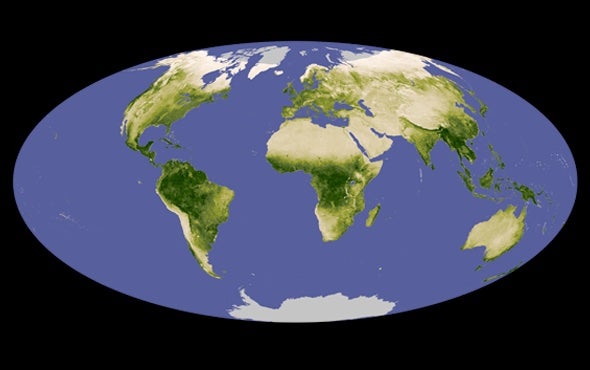Science News Briefs from around the World: September 2023 | CPT PPP Coverage
Cryptopolytech (CPT) Public Press Pass (PPP)
News of the Day COVERAGE
200000048 – World Newser
•| #World |•| #Online |•| #Media |•| #Outlet |
View more Headlines & Breaking News here, as covered by cryptopolytech.com
Science News Briefs from around the World: September 2023 appeared on www.scientificamerican.com by Scientific American.
Ancient poop pathogens in Israel, Peru’s millennia-old El Niño preparations, a halt to Icelandic whale hunting, and much more in this month’s Quick Hits

Iceland
Iceland’s government temporarily halted fin whale hunting after the country’s veterinary authority released a gruesome whale hunt video. Public opposition has increased in recent years, and experts say the ban could become permanent.
Indonesia
Scientists recorded wild orangutans producing both voiced and voiceless vocal patterns—a feat previously attributed mostly to songbirds and human beatboxers. Orangutans use two sounds at the same time before combat and as a warning to others of potential threats.
Israel
Archaeologists examined sediment in 2,700-year-old toilets in Jerusalem and found the oldest known traces of Giardia duodenalis, a pathogen that can cause the intestinal malady dysentery. Ancient texts hint at its existence, but these feces predate most other evidence by hundreds of years.
Peru
People have been preparing for El Niño’s floods for centuries. New research found millennia-old flood sediments in northern Peru that suggest ancient communities were aware of the intermittent weather pattern’s dangers and built walls to protect farmland.
Tonga
Hunga Tonga-Hunga Ha’apai’s volcanic blast last year was the most powerful such event ever recorded in the modern era. Now scientists have released data showing that the subsequent ash plume also broke another record: the most extreme lightning storm known, with 192,000 flashes over 11 hours.
U.K.
In urban landscapes, pollinating moths may be as important as bees. Researchers found that these insects carry more diverse pollen than bees do and visit just as many plants during parts of the summer—but scientists worry they may be even more vulnerable to urbanization.
For more details, visit www.ScientificAmerican.com/sep2023/advances
This article was originally published with the title “Quick Hits” in Scientific American 329, 2, 18 (September 2023)
doi:10.1038/scientificamerican0923-18b
FEATURED ‘News of the Day’, as reported by public domain newswires.
View ALL Headlines & Breaking News here.
Source Information (if available)
This article originally appeared on www.scientificamerican.com by Scientific American – sharing via newswires in the public domain, repeatedly. News articles have become eerily similar to manufacturer descriptions.
We will happily entertain any content removal requests, simply reach out to us. In the interim, please perform due diligence and place any content you deem “privileged” behind a subscription and/or paywall.
CPT (CryptoPolyTech) PPP (Public Press Pass) Coverage features stories and headlines you may not otherwise see due to the manipulation of mass media.
First to share? If share image does not populate, please close the share box & re-open or reload page to load the image, Thanks!



